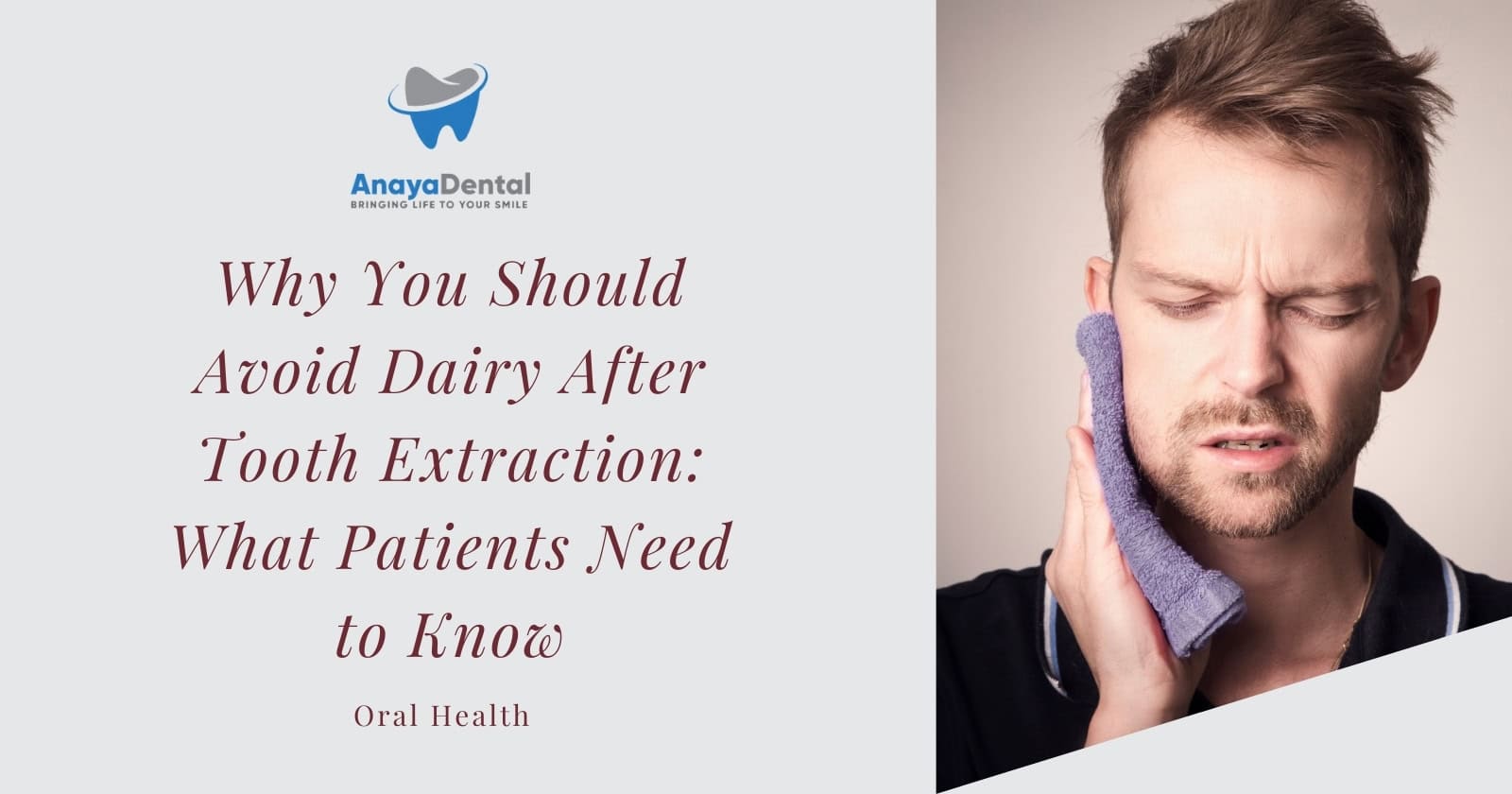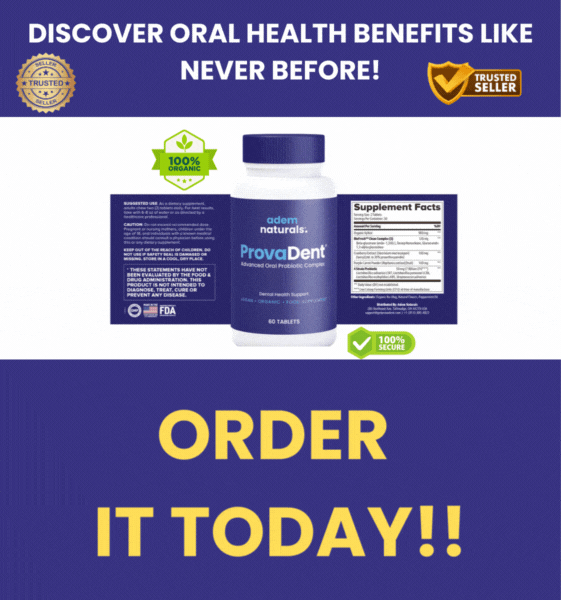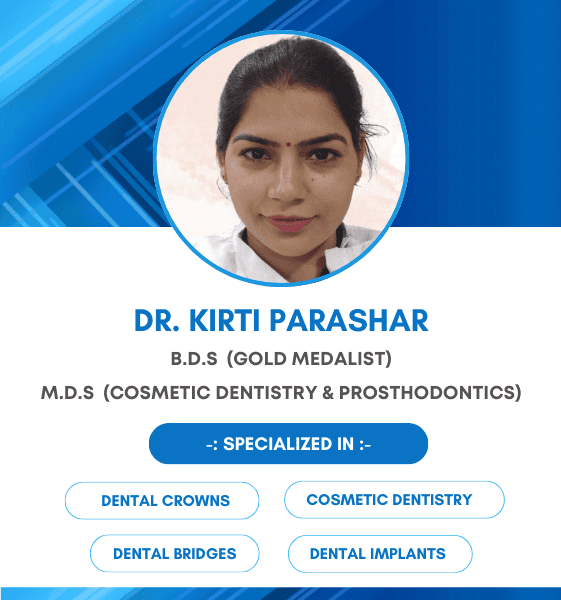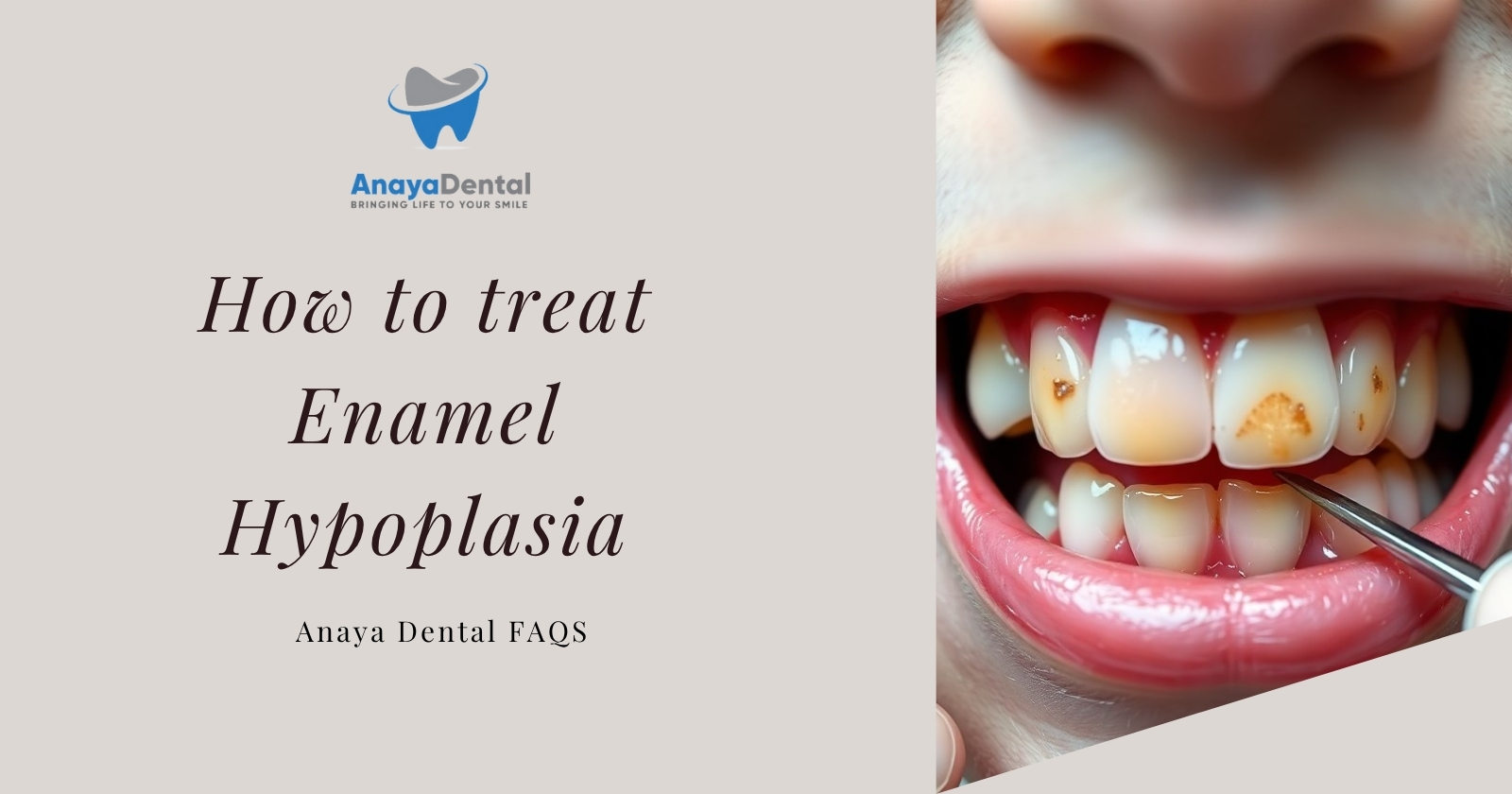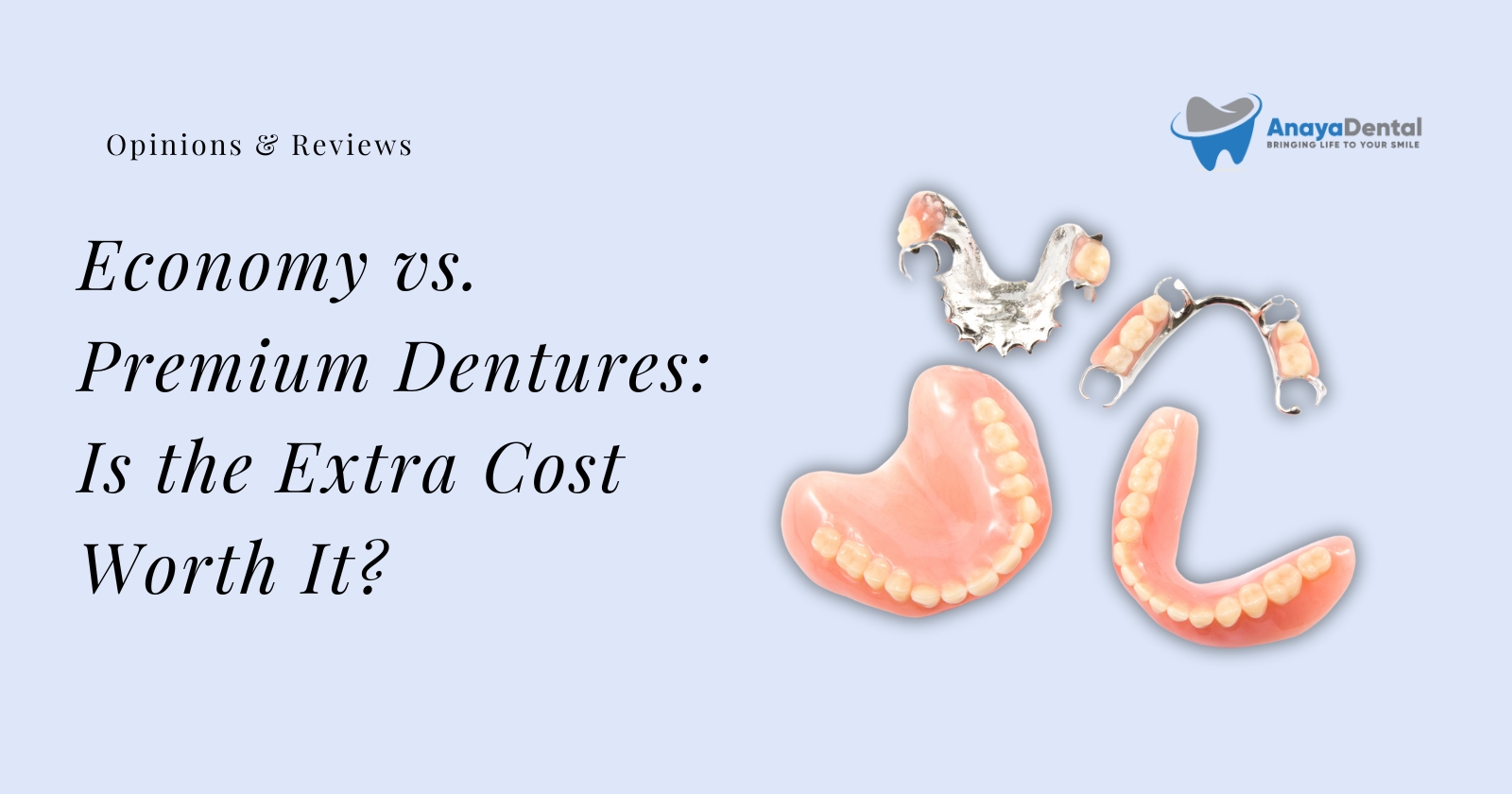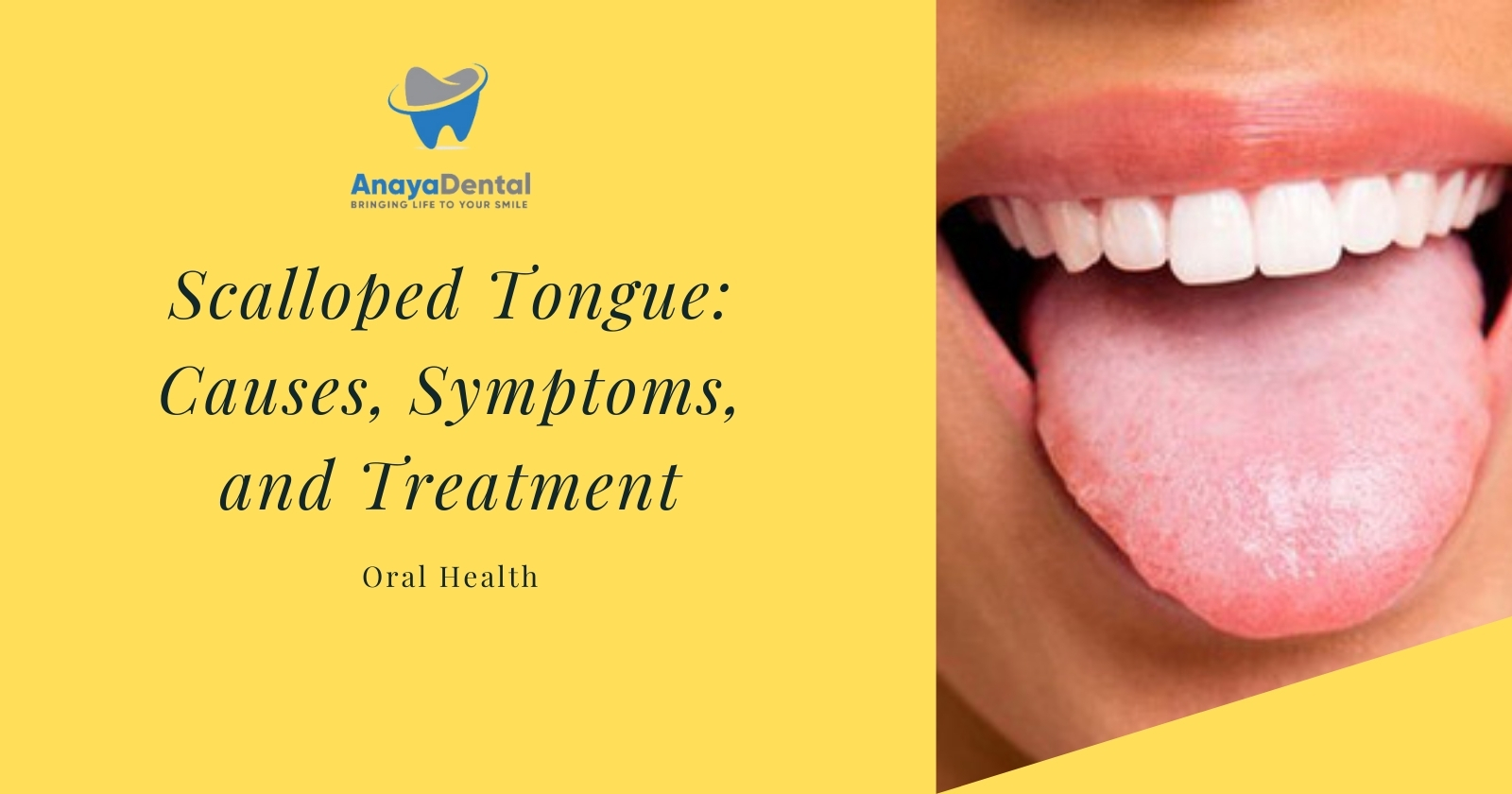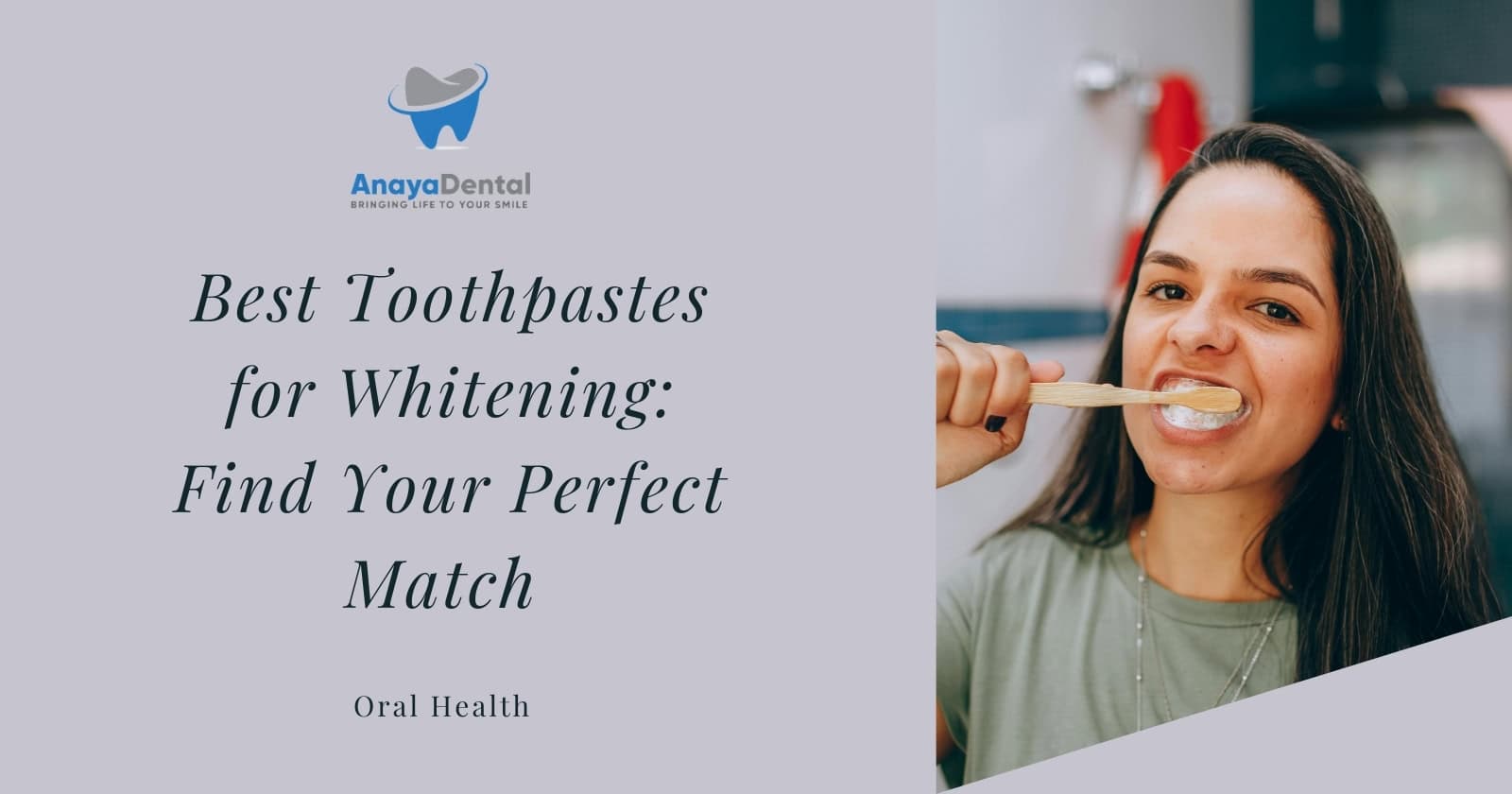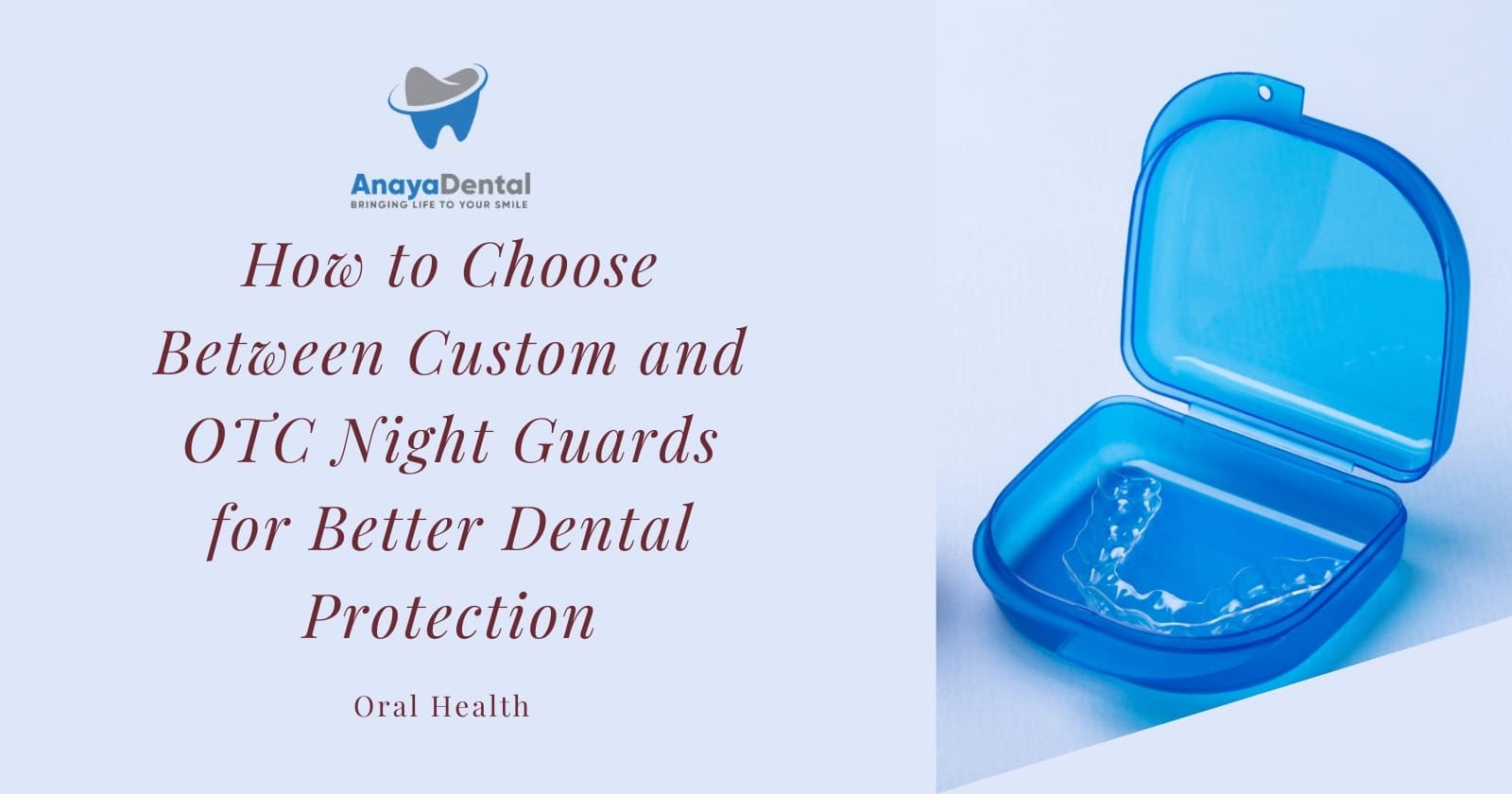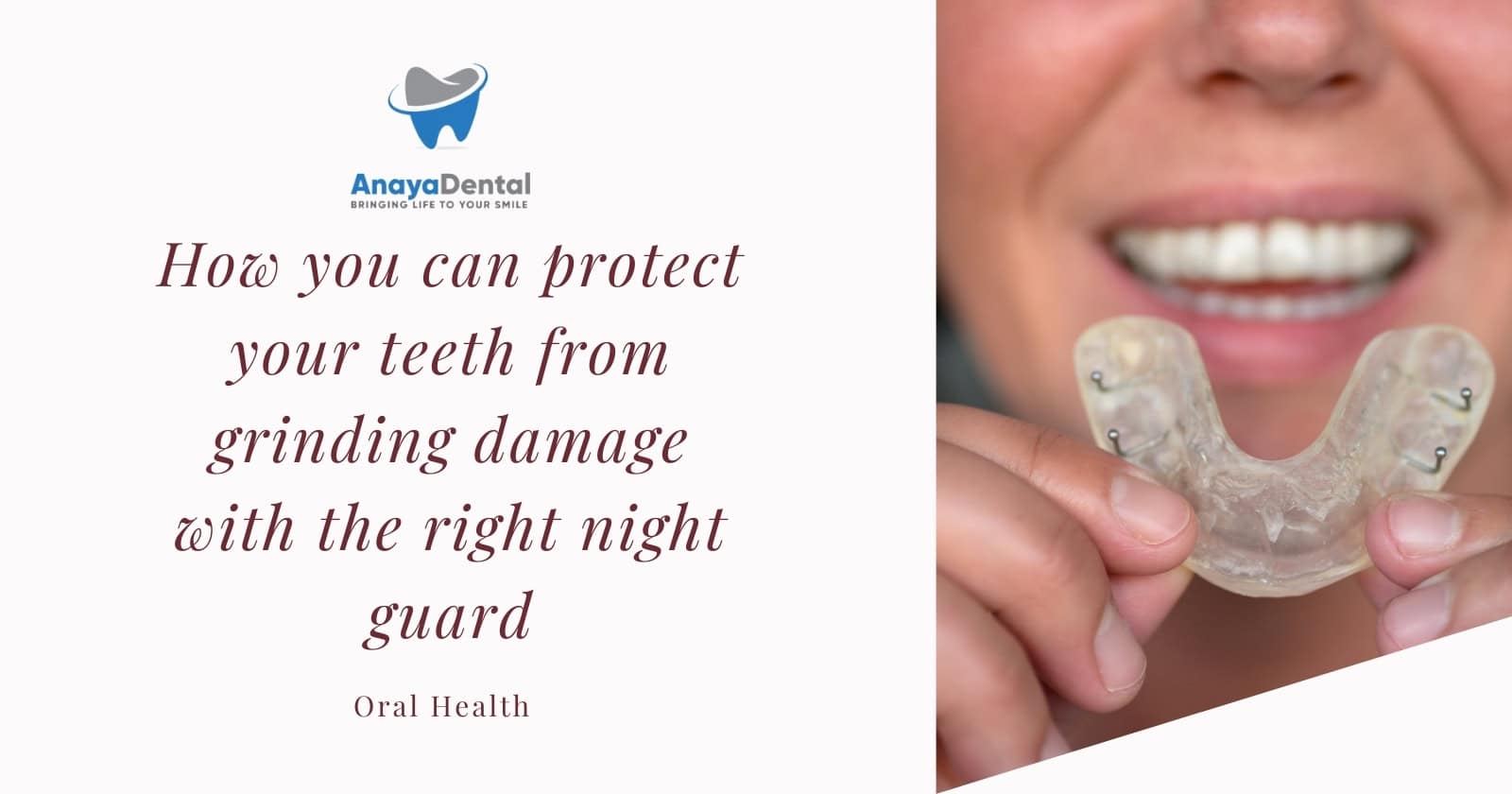Having a tooth extracted can be stressful enough without worrying about what you can and cannot eat afterward. If your dentist has advised you to avoid dairy products following your procedure, you might be wondering why this dietary restriction exists and how important it really is. Let’s explore the reasons behind this common recommendation and what you can eat instead.
Understanding the Tooth Extraction Healing Process
Before discussing dairy products specifically, it’s important to understand what happens in your mouth after a tooth is removed.
When a tooth is extracted, a blood clot forms in the empty socket where your tooth used to be. This clot is crucial for proper healing as it:
Try Our Dental Calculators
- Protects the underlying bone and nerves
- Serves as a foundation for new tissue growth
- Eventually transforms into new tissue
Disruption of this blood clot can lead to a painful condition called dry socket (alveolar osteitis), which affects approximately 2-5% of tooth extractions and occurs more frequently after wisdom tooth removal. Dry socket typically develops 2-3 days after extraction and can cause severe pain that radiates to your face, head, and neck.
Why Dentists Recommend Avoiding Dairy After Extraction
Potential Interference with Blood Clot Formation
One of the primary concerns with consuming dairy after a tooth extraction is its potential impact on blood clot formation. Some dental professionals believe that dairy products, especially those high in calcium, may interfere with the clotting process in the extraction site.
Additionally, the physical properties of creamy dairy products might physically dislodge the newly formed blood clot. When this protective barrier is disrupted, it exposes the underlying bone and nerves, increasing your risk of developing dry socket.
Risk of Infection
The extraction site is essentially an open wound in your mouth that’s vulnerable to bacterial contamination. Dairy products, particularly unpasteurized varieties, may contain bacteria that could potentially colonize this vulnerable area.
Your mouth’s normal healing process can be compromised if harmful bacteria are introduced to the extraction site, potentially leading to infection and delayed healing.
Inflammation and Swelling
Dairy proteins can trigger inflammatory responses in some individuals. After a tooth extraction, your body naturally produces some inflammation as part of the healing process. Consuming dairy might exacerbate this inflammation, resulting in:
- Increased swelling around the extraction site
- Greater pain and discomfort
- Prolonged recovery time
Delayed Healing Process
Some dental professionals believe dairy consumption after tooth extraction may delay healing through various mechanisms:
- Potentially increasing inflammation
- Stimulating mucus production
- Creating an environment less conducive to efficient healing
Other Concerns with Dairy After Extraction
Additional reasons to avoid dairy after tooth extraction include:
- Temperature sensitivity: Cold dairy products may cause discomfort around the extraction site where nerves might be more exposed
- Taste interference: Dairy can coat the soft tissues of your mouth, potentially affecting taste perception during recovery
- Mucus production: Some believe dairy increases mucus production, which might create an unfavorable environment for healing
What Does the Science Say?
Despite the widespread recommendation to avoid dairy after tooth extraction, scientific evidence supporting this practice appears limited. A cross-sectional study comparing dental practices found that advising patients to avoid dairy products post-extraction was almost exclusively recommended in German-speaking regions.
Researchers concluded: “The hypothesis of a harmful effect of the consumption of milk and dairy products after dentoalveolar surgery could not be supported by evidence.” Some researchers suggest this recommendation might have originated from outdated concerns regarding unpasteurized milk products.
However, many dentists continue to advise patients to avoid dairy as a precautionary measure, especially during the critical initial healing phase when complications are most likely to develop.
How Long Should You Avoid Dairy?
If your dentist recommends avoiding dairy, the restriction typically applies for approximately 72 hours (3 days) after your tooth extraction. This timeframe aligns with the critical period for blood clot formation and initial healing.
After this initial recovery period, you can gradually reintroduce dairy products into your diet as the extraction site begins to heal and becomes less vulnerable to disruption. However, individual healing rates vary, so follow your dentist’s specific guidance.
Dairy-Free Alternatives During Recovery
While avoiding dairy, you still need proper nutrition to support healing. Consider these alternatives:
Plant-Based Milk Options
- Almond milk
- Soy milk
- Coconut milk
- Oat milk
Soft, Non-Dairy Foods
- Mashed potatoes
- Applesauce
- Plant-based yogurt alternatives
- Dairy-free smoothies
- Well-cooked, soft vegetables
Protein Sources
- Soft scrambled eggs
- Well-cooked beans (mashed)
- Tofu
- Smooth nut butters (avoid crunchy varieties)
Best Practices for Eating After Tooth Extraction
Regardless of whether you’re consuming dairy or alternatives, follow these guidelines for the first few days after extraction:
- Stick to soft, easy-to-eat foods that require minimal chewing
- Avoid eating on the side of your mouth where the extraction occurred
- Choose room temperature foods to prevent temperature sensitivity
- Stay hydrated but avoid using straws (suction can dislodge the blood clot)
- Rinse gently with salt water after 24 hours, as directed by your dentist
Quick Review: Dairy After Tooth Extraction
- Dentists often recommend avoiding dairy for approximately 3 days after tooth extraction
- Concerns include potential blood clot disruption, infection risk, increased inflammation, and delayed healing
- Scientific evidence supporting this recommendation is limited, but many dentists advise it as a precautionary measure
- Plant-based alternatives provide nutrition without potential dairy-related risks
- Always follow your dentist’s specific post-operative instructions for your situation
Remember, your dentist’s recommendations are tailored to your specific situation. If you have concerns about dietary restrictions after your tooth extraction, discuss them with your dental care provider to ensure proper nutrition during recovery while minimizing potential complications.
